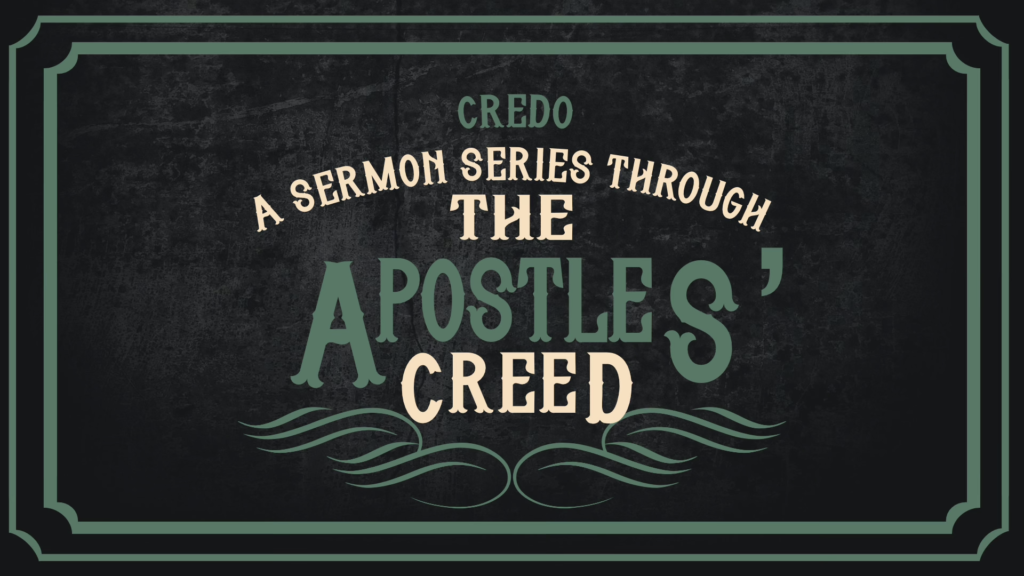
I chuckled this week when reading about the ascension of Jesus. The ascension refers to Jesus ascending to Heaven forty days after His resurrection. It is when His followers watch him go up to glory. I chuckled because one article on the ascension that I saw was entitled, “What’s Up with the Ascension?” What’s up indeed!
Evangelical Christians believe in the ascension, but that does not mean we really understand its significance. We may even feel conflicted about it. Why, after all, did Jesus not simply stay with His church in His resurrected body? How amazing would it be to have Jesus show up and silence the church’s critics and speak words to us audibly as we sit at his feet? But, even as we say this, we know that the ascension is important because Jesus is doing something important in Heaven at the Father’s right hand.
You can see this sense of conflicted feeling in the following two ascension poems. The first is a modern poem by James Matthew Wilson. He wrote:
Ascension Thursday: gone again.
My usual panic every year
Sets in as the Easter season ends;
I’d hoped to reconcile everything,
To feel, just once, grace tremble near,
In a resurrected, fiery ring.
But dry distraction settles in,
And with a crow’s beak pecks my breast
With hungers and regrets. Small sins,
On which I’d neither think nor cry
In ordinary time, impress
Themselves, while my unsettled eyes
Are elsewhere turned. But, suddenly robbed
Of His face after these un-tombed forty
Days—intimate meals now that the mob
Had killed and left him with its dread—
My stare falls on the table emptied
Of his presence.
What now, now that He’s fled?[1]
There is almost a note of despair about that, is there not? “Robbed of His face,” “the table emptied of his presence,” “What now, now that He’s fled?” This is not encouraging! But, on the other hand, we have the words of an earlier ascension hymn, W. Chatterton Dix’s 1866 “Alleluia! Sing to Jesus! His the scepter, His the throne,” which are decidedly more optimistic.
Alleluia! Not as orphans
Are we left in sorrow now;
Alleluia! he is near us;
Faith believes nor questions how.
Though the cloud from sight received him,
When the forty days were o’er,
Shall our hearts forget his promise:
“I am with you evermore.”[2]
So what is up with the ascension? How should we consider this simple but powerful line from the creed: “he ascended into heaven”?


